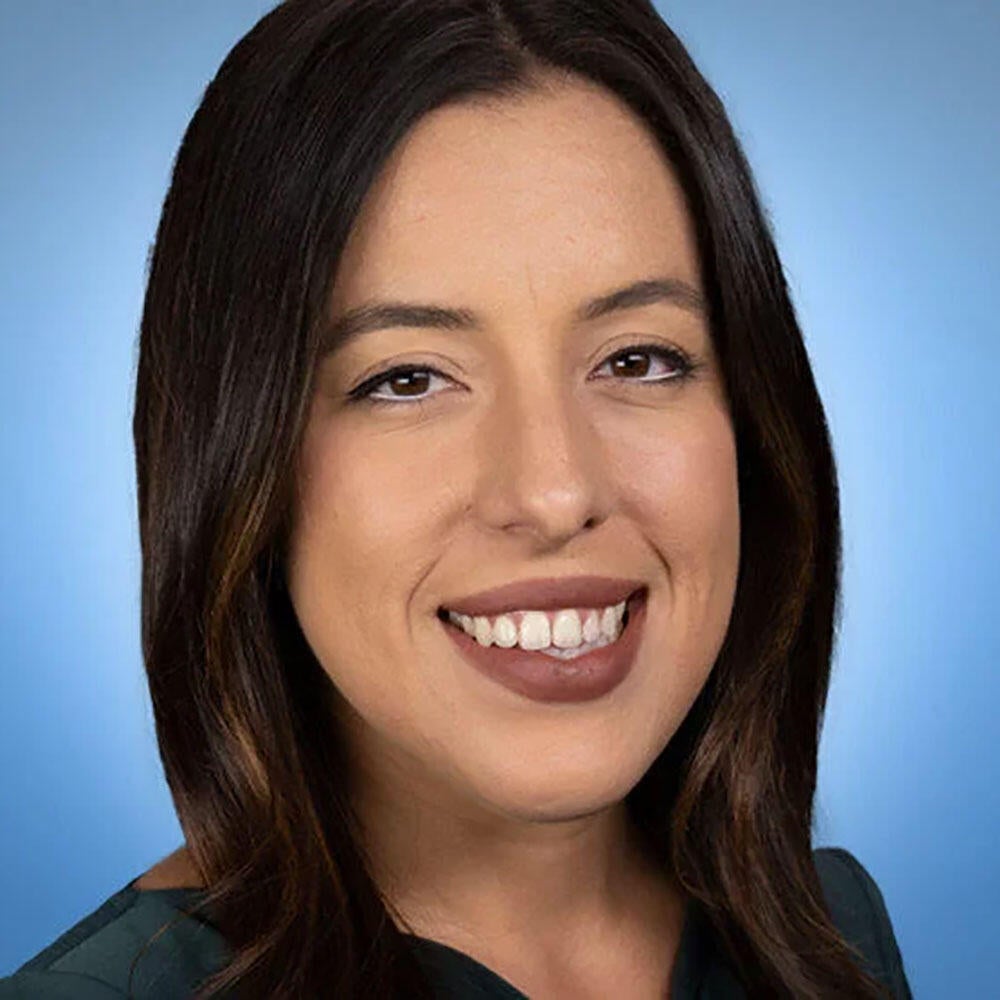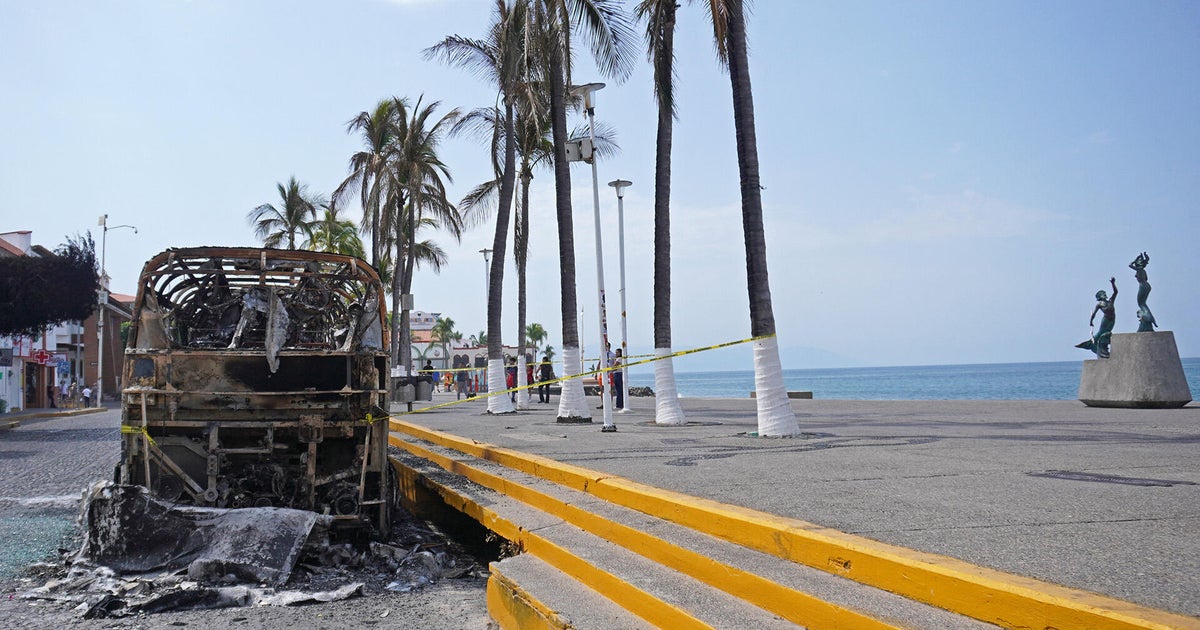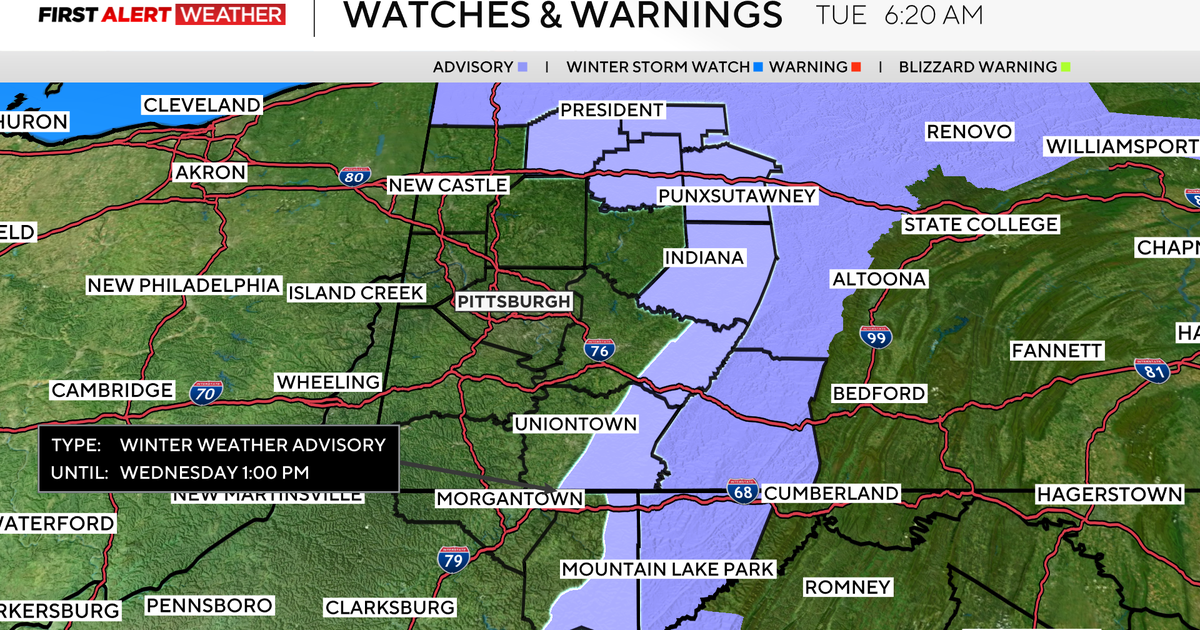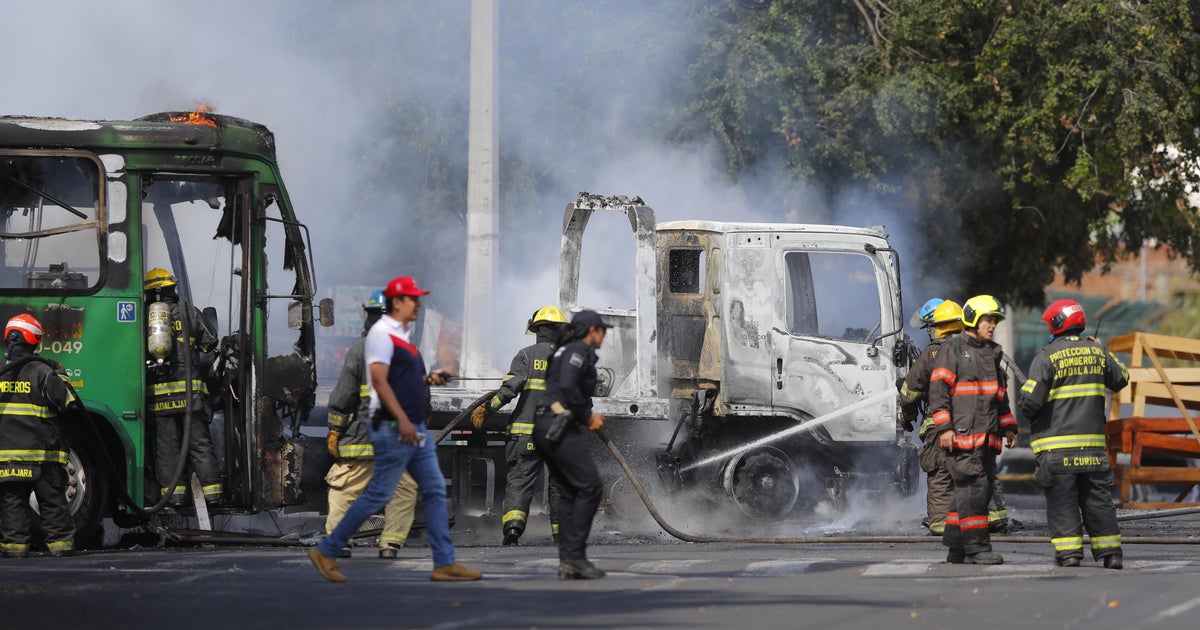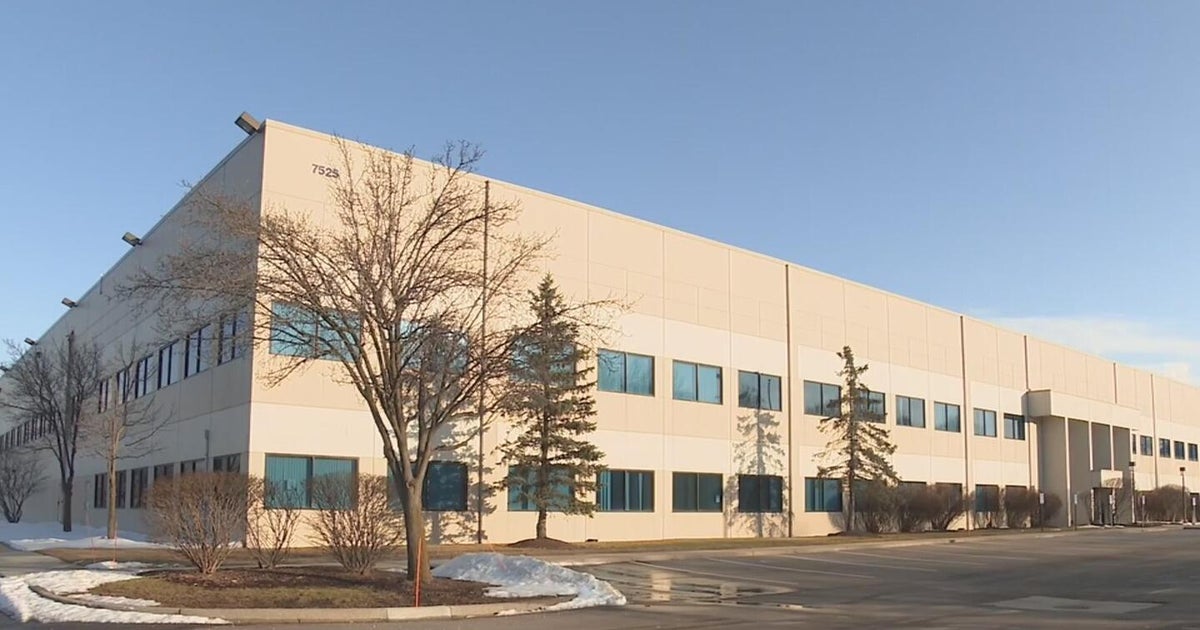As Denver migrants struggle to get permits to work, one foundation works to make process easier
There were squeals of excitement among migrant children in Denver on Thursday as they got dropped off back at their shelter from their first day of preschool.
"Us here, we came for a future, but most importantly a future for our kids," said Carmen.
Several families outside of one of the city-commissioned hotel shelters asked CBS Colorado to use pseudonyms to keep their identities anonymous.
"All of the Venezuelans that come here don't come with the mindset of wanting to mess around. The majority I know came here to work," said Antonio.
In the happy moment where families greeted their kids at the bus stop, an air of uncertainty and frustration still lingered as many of them continue to struggle finding stable jobs in the Denver metro area.
"In my case, I have three kids," said Antonio. "There are a lot of single mothers, mothers with husbands that also can't find jobs."
Some of them have found some opportunities to make a bit of cash, but often times they are let go quickly or even not considered because of their status as migrants.
"Give us an opportunity, because we know it's not easy to get a work permit," said Mariana.
They say the process of applying for a work authorization permit is confusing and lengthy.
"It's hard to know exactly how many folks in this migrant crisis have chosen to stay in Colorado. We think it's over 5,000 at least," said Sarah Kurz, Chief Impact Officer for the Rose Community Foundation. "And in order to get all of them enrolled into temporary protected status and work permits, it would cost more than $2.5 million."
Kurz says the Rose Community Foundation has been working for nearly a year to help financially support the ongoing migrant crisis through donations into their newcomer fund. Now, the foundation is shifting gears to meet the challenge of helping migrant families access work by hosting legal clinics.
"We're just in the process now of starting to plan for these legal clinics to get folks enrolled and fundraising first to make sure that we can help support the fees themselves. We have an anonymous donation of $500,000 already to try and help make progress on that goal and we're fundraising every day."
The legal clinics will serve as a place where migrants can be guided through the process of applying for work authorization permits. Kurz hopes the Rose Community Foundation can even help families cover the costs associated with the process.
"You may need a computer and internet access, which is not something that everybody has when they're living in a shelter or with temporary housing," said Kurz. "It can cost as much as $540 for one person to apply for all of those different pieces, which is a pretty high cost for someone having trouble even affording food right now."
Kurz says these clinics are an important step in making the permit process less complicated, amid all the other challenges facing the migrant community.
"For folks who want to make a home for themselves in Denver, their ability to earn their own income is really an important part of making that a sustainable path forward," she said.
Migrant adults say they would be grateful for more help like this as they continue to work towards a better life for their family.
"It would be useful for all of us to have something like that," said Antonio. "Someone that says, 'Look these are the steps you have to take to be able to apply for a job, a work permit.'"
The Rose Community Foundation plans to do a combination of legal clinics at local organizations helping migrants as well as trying to bring clinics directly to where they are at the shelters.
